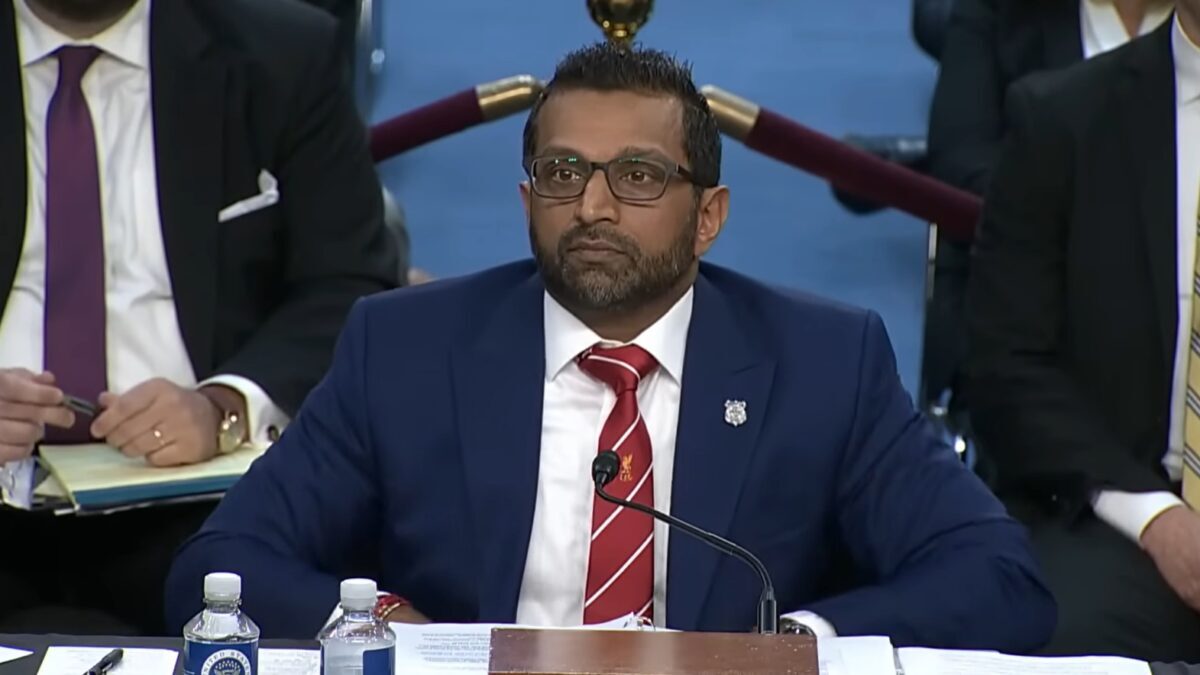The murder of Charlie Kirk has sparked significant controversy and debate regarding political violence in the United States. Following the incident, reports indicated that some individuals in the crowd reacted with celebration, raising concerns about the normalization of violence among certain political factions. A 71-year-old man, later found to possess child sex abuse images, falsely claimed responsibility for the shooting, allowing the actual shooter to escape. Social media reactions included expressions of approval for Kirk's death, with some left-leaning commentators suggesting that his conservative views justified the violence against him.
Explainer Charlie Kirk Overview
A national poll conducted by the Network Contagion Research Institute (NCRI) revealed alarming sentiments among left-of-center respondents, with a notable percentage expressing that violence against political figures such as former President Donald Trump and Tesla CEO Elon Musk could be justified. The survey indicated that 13% of left-leaning respondents believed that killing Trump was completely justified, highlighting a concerning trend in political discourse.
The NCRI survey also pointed to a rise in pro-violence attitudes on left-wing social media platforms, with communities forming to glorify acts of violence against political opponents. Following Kirk's assassination, subsequent polling showed that a significant portion of young voters and Democrats believed America was better off without him.
Critics argue that the rhetoric from some Democrat politicians and media outlets has contributed to this climate of violence. Labeling Republicans as 'fascists' has been seen as a dangerous tactic that may incite further aggression against political adversaries. The implications of such attitudes extend to the political process, with fears that the normalization of violence could deter public figures from engaging in open discourse.
The Path Forward
The current political climate raises concerns about a potential escalation of violence reminiscent of historical conflicts. Observers have drawn parallels to the Spanish Civil War, noting that leftist violence often targets religious figures and conservative ideologies. The assassination of Kirk, a vocal advocate for orthodox Christian values, has intensified fears of a growing anti-Christian sentiment among certain activist groups.
To address these issues, some commentators have suggested a multifaceted approach to counteract the rise of political violence. Proposals include enforcing stricter laws against groups identified as domestic terror organizations, such as Antifa, and holding them accountable for their actions. The Trump administration's classification of Antifa as a domestic terror organization has been viewed as a necessary step, although it requires substantial evidence for individual convictions.
Additionally, there are calls for universities to ensure safe environments for conservative speakers, with potential consequences for institutions that fail to provide adequate security. This approach aims to foster free speech while protecting individuals from potential violence.
Despite these measures, many believe that more aggressive actions are necessary to deter leftist violence effectively. Suggestions include classifying Antifa as a foreign terrorist organization, enabling law enforcement to take more decisive actions against its members and supporters. The ongoing discourse surrounding political violence underscores the urgent need for a comprehensive strategy to address the growing divide in American society.
As the nation grapples with these challenges, the focus remains on finding solutions that can prevent further escalation and promote a more civil political discourse.
Why it matters
- Charlie Kirk's murder highlights rising political violence and its normalization among certain factions in the U.S.
- A national poll reveals alarming sentiments justifying violence against political figures, raising concerns about public discourse.
- The incident has intensified fears of anti-Christian sentiment and the potential for escalating violence in political conflicts.
What’s next
- Calls for stricter laws against groups like Antifa are gaining traction as a response to rising political violence.
- Universities may face consequences for failing to ensure safe environments for conservative speakers.
- Ongoing discussions aim to develop a comprehensive strategy to address political violence and promote civil discourse.

